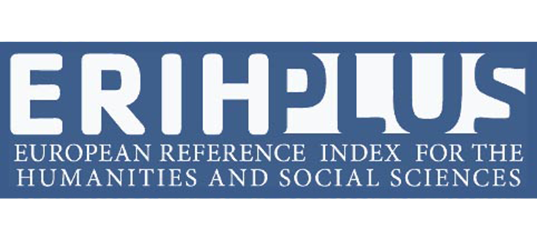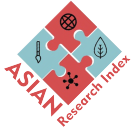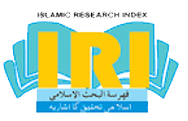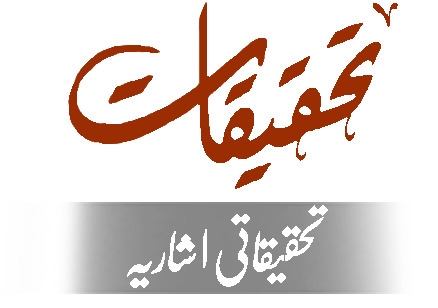The Role of Values in Social Change: An Analysis from The Qur’ānic Perspective
DOI:
https://doi.org/10.46600/almilal.v2i1.70Keywords:
Values, Islamic perspective, social construct, universalism, social changeAbstract
In the post-industrial revolution world, social change is often studied and understood in the context of change in means of production, mobility, urbanization and change in the constitution of workforce. Role of ethical values is generally confined to personal conduct and manners. Industrial society is supposed to have its own work ethics which may or may not agree with personal ethics and morality. Ethics and morality are generally considered, in the Western thought, as a social construct. Therefore, with the change in means of production or political system, values and morality are also expected to be re-adjusted in order to cope with the changed environment. Sometimes a totally new set of values emerges as a consequence of the change in economic, political, or legal set up. The present research tries to understand the meaning and place of these values in a global socio-cultural framework. Relying essentially on the divine principles of the Qur'ān it makes an effort to understand relevance of these universal and ultimate principles with human conduct and behavior in society. It indicates that essentially it is the core values, principles, or norms which guide human beings in their interpersonal, social, economic and political matters. Islam being a major civilizing force, culture, and the way of life, provides values which guide both in individual and social matters. The values given by the Qur’ān and the Sunnah are not monopoly of the Muslim. These values are universal and are relevant in a technological society.















